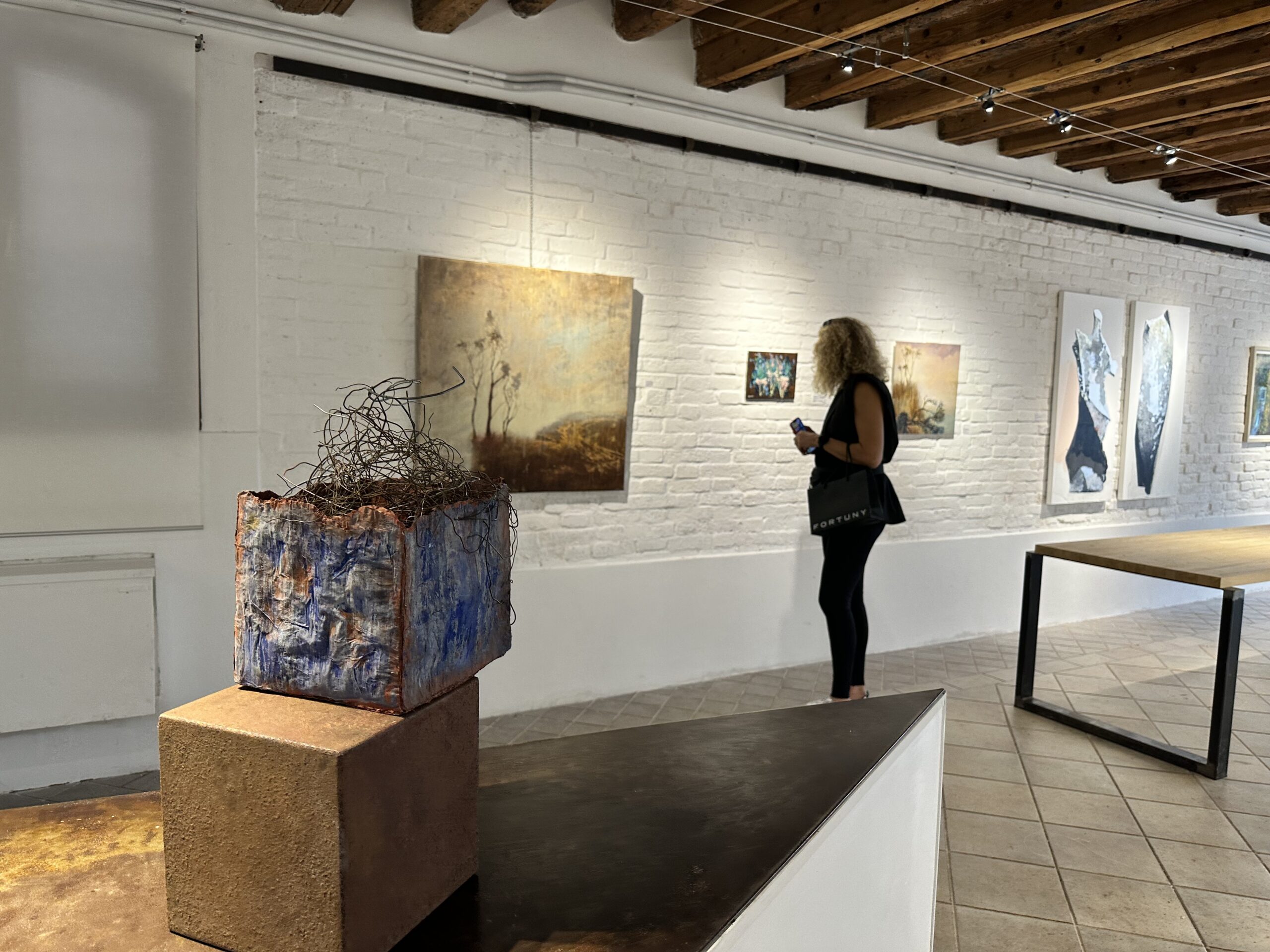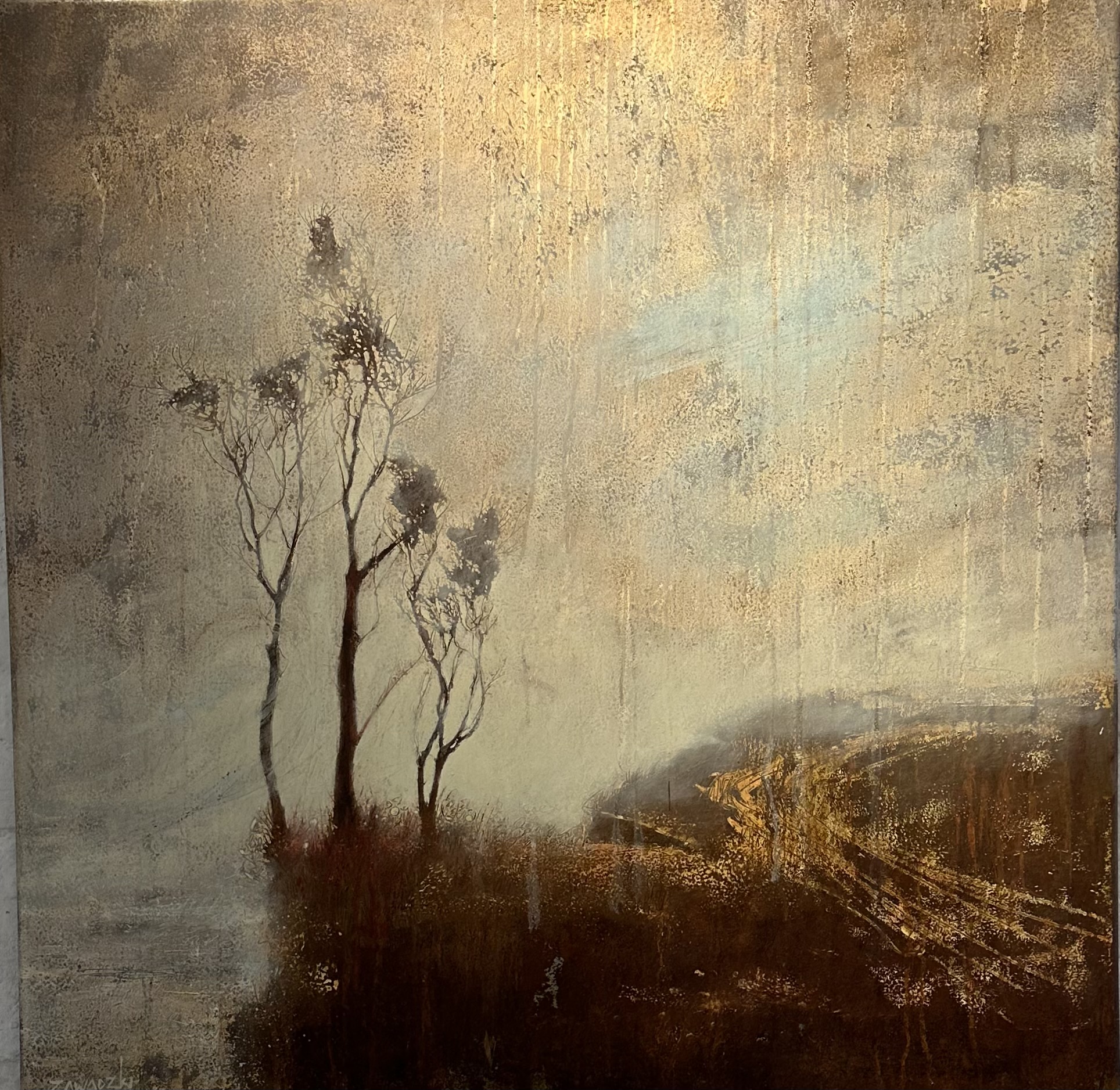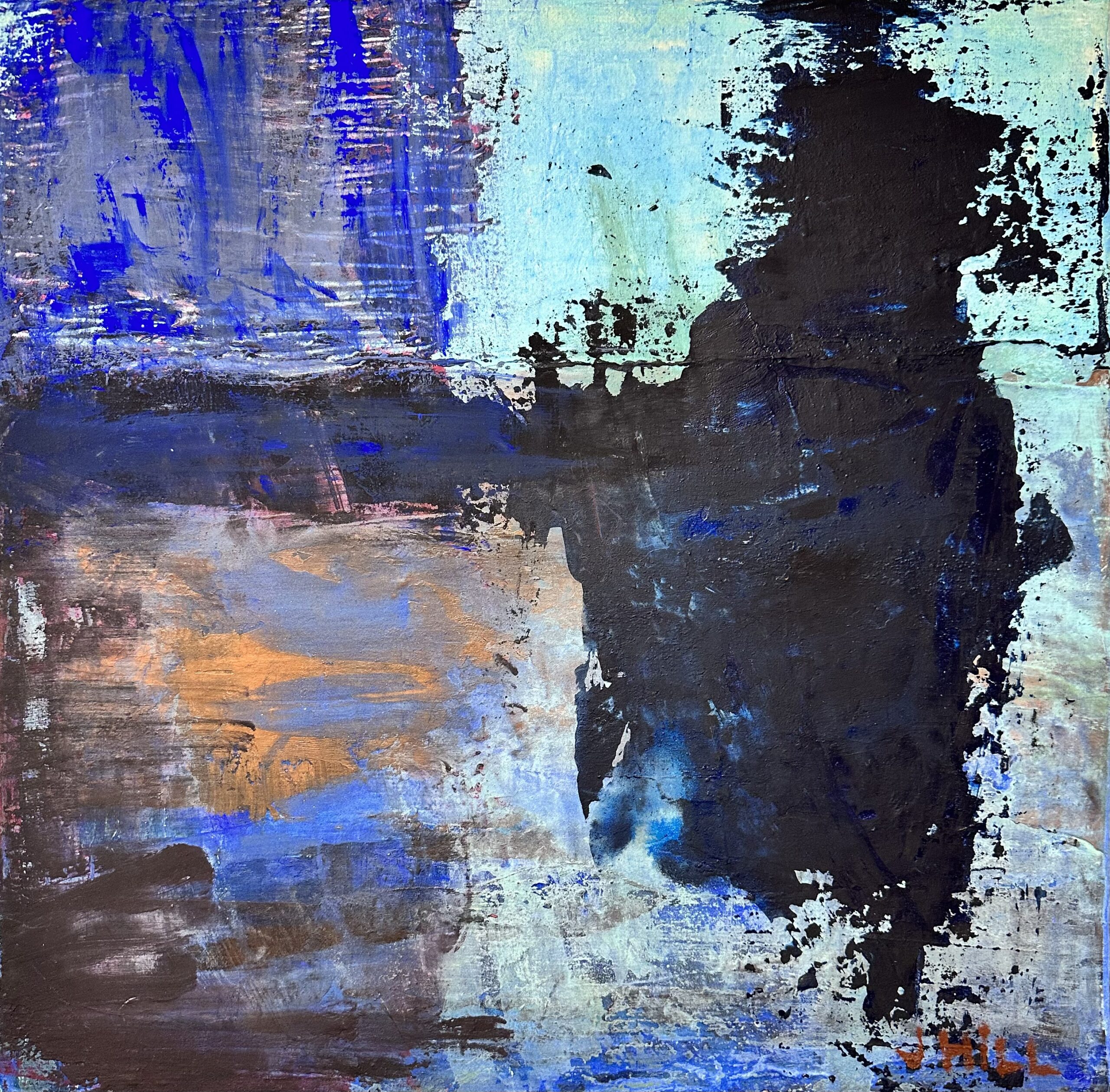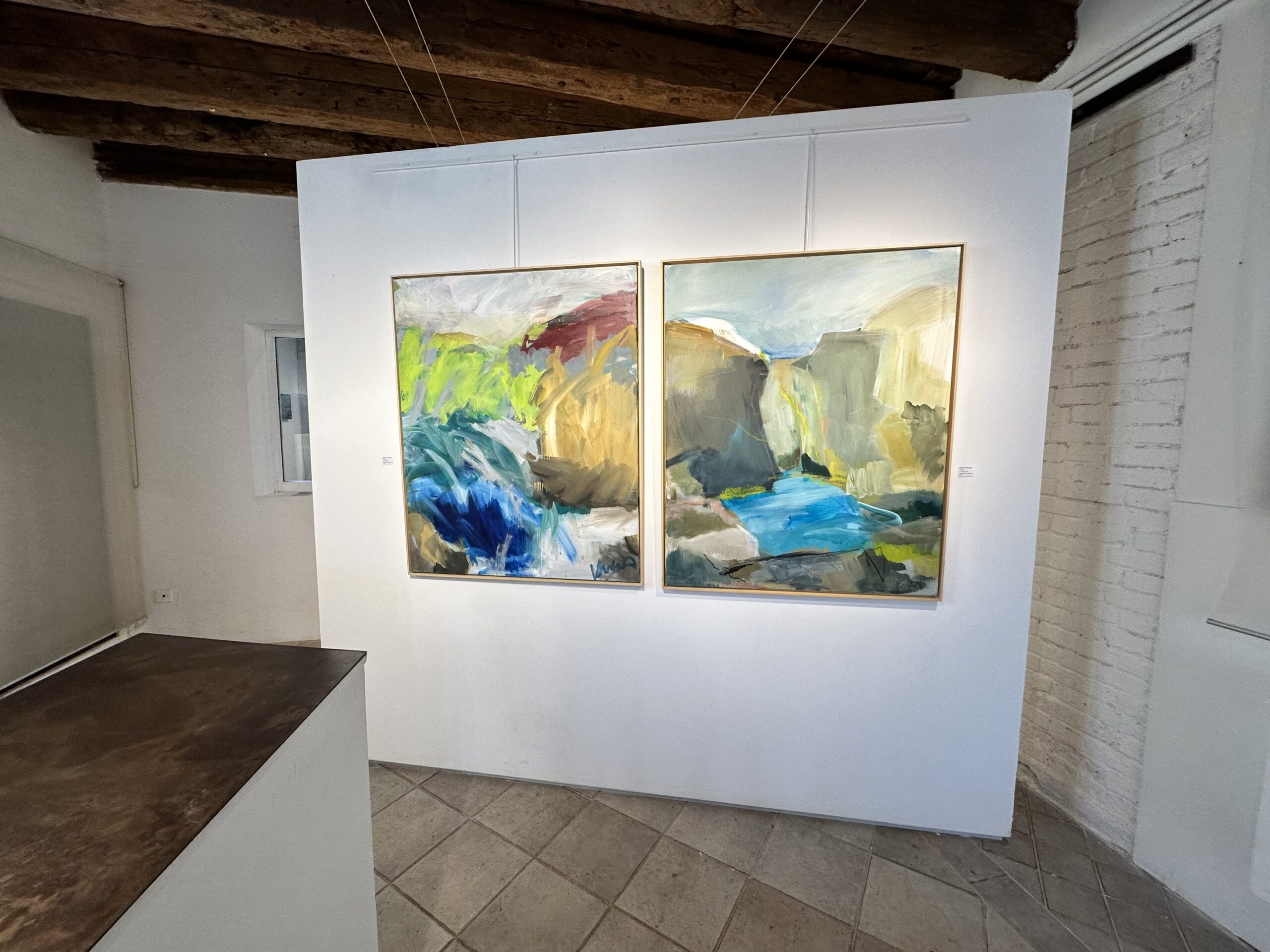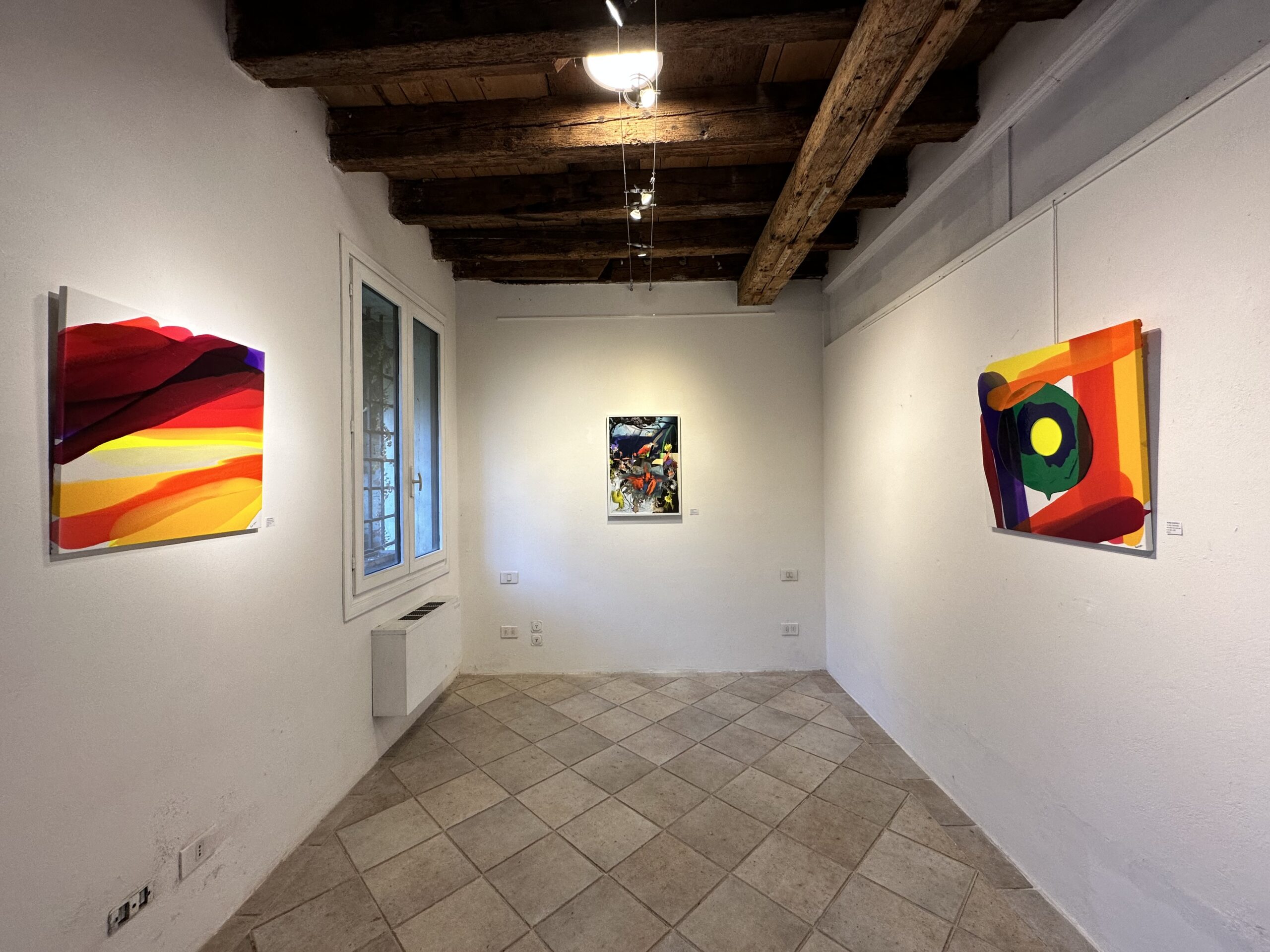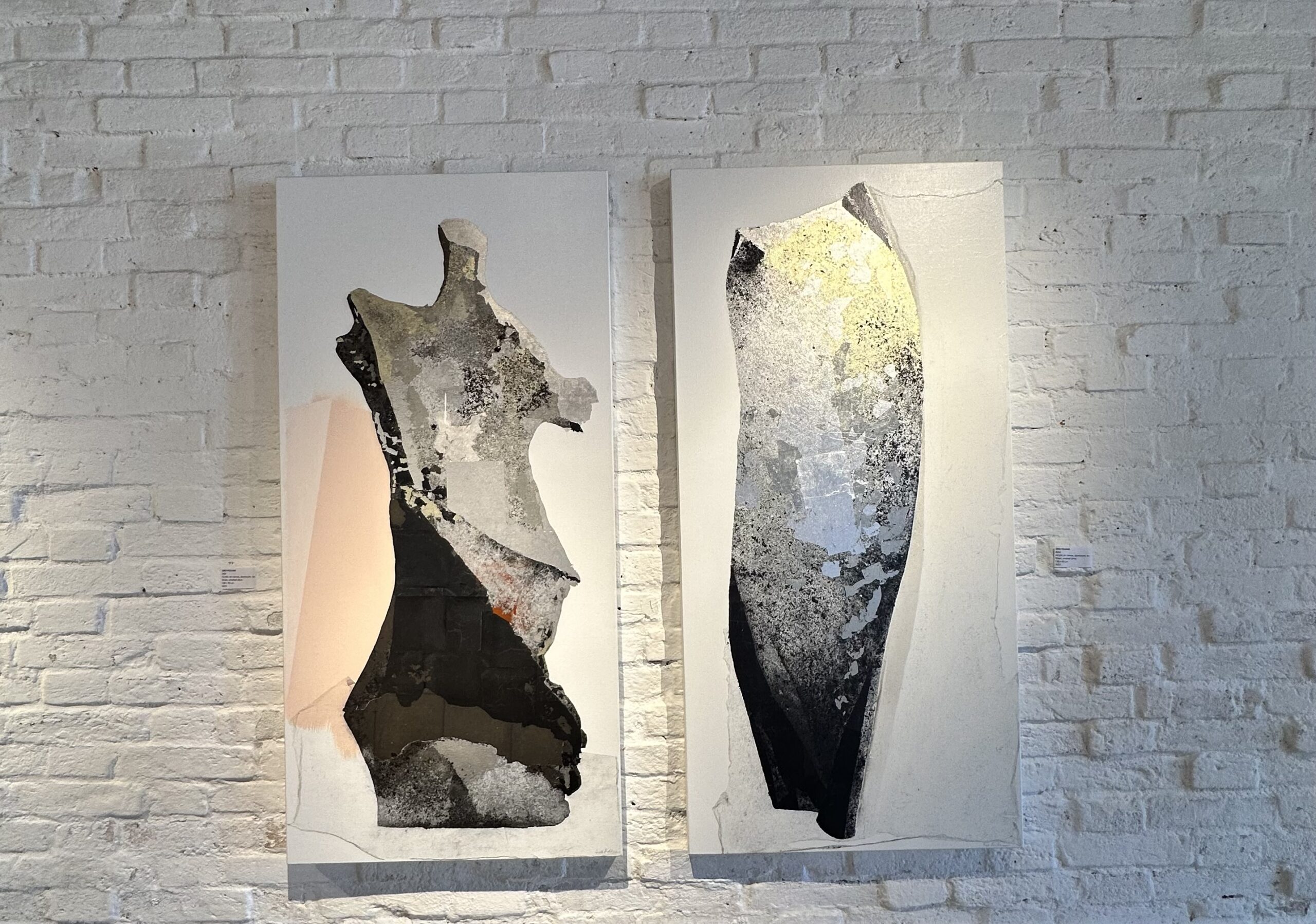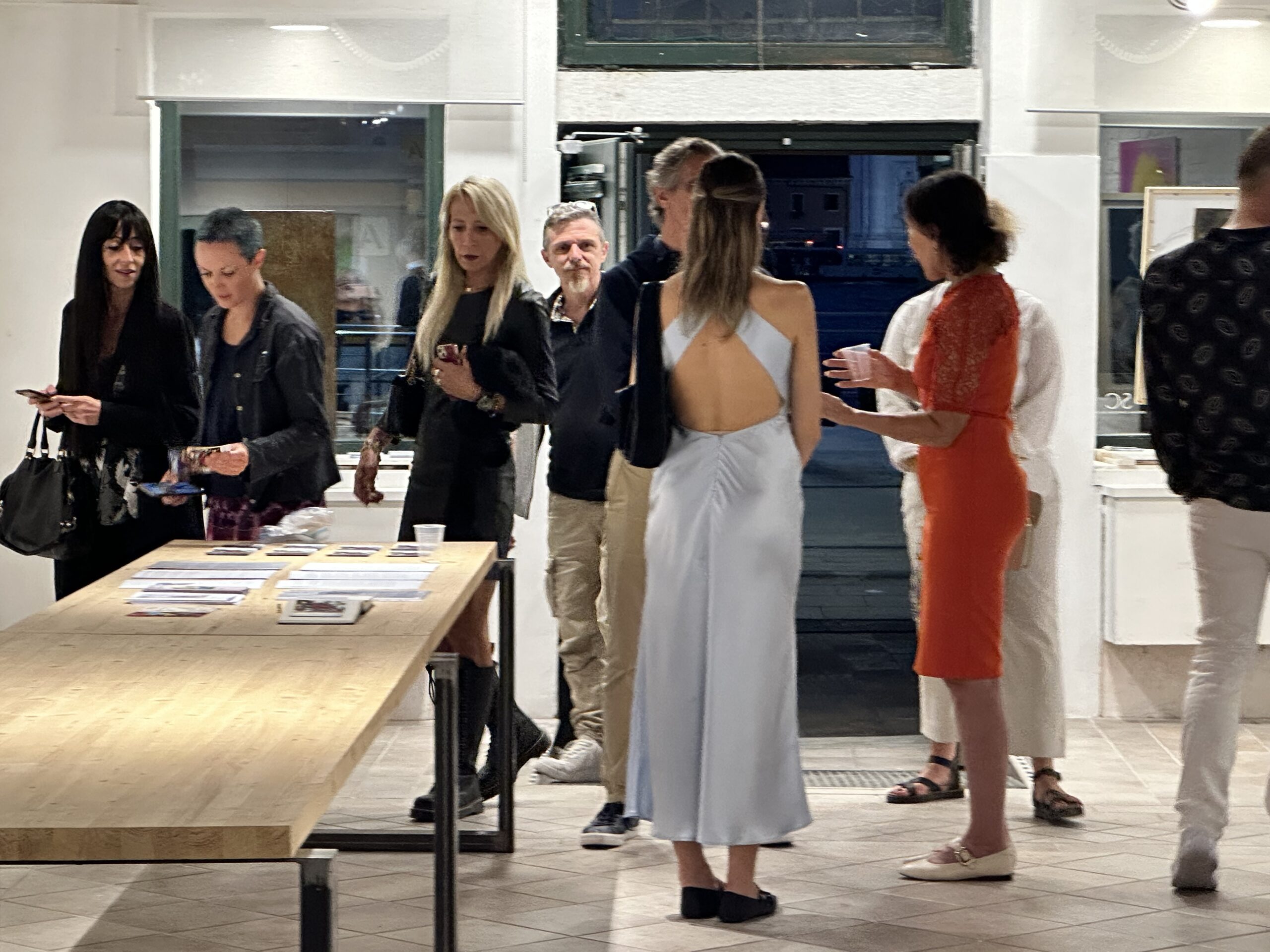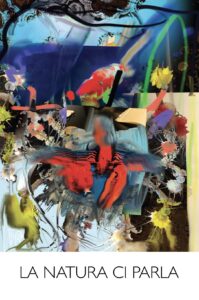NATURE SPEAKS TO US
NATURE SPEAKS TO US
“Natural philosophy is written in this huge book that is continually open before our eyes, I mean the universe, but it cannot be understood unless one first learns to understand the language and know the characters in which it is written. It is written in mathematical language, and the characters are triangles, circles and other geometric figures, without which means it is humanly impossible to understand a word of it; without these it is a vain wandering through a dark labyrinth.” Galileo GalileiAll that is visible is expression, all of nature is image, it is language and hieroglyphic writing, with its own colour. The constant questioning of the mystery of the origins and the thought that behind all the manifestations of the universe there is a superior intelligence, has been the root of all the arts and it is today as always.The relationship with nature takes the form of amazement: escaping the world of separateness and entering, even for a single instant, the world of unity, where everything is truly interconnected, a lyrical-cosmic vision that welds ecology with aesthetics.Let’s imagine a hypothetical letter written by Mother Nature to human beings, it would be an invitation to remember or relearn a forgotten language where everything has a precise task, everything has a royal meaning, every living being aspires to a language in word and number , color and sound. The multifaceted creation is before our eyes. But are we educated to see? We are on a war footing with nature and have a bad conscience.
To understand his magical coded language, beyond easy sentimentality, we should go back to the simplicity of a pure vision, to feel with all our being. And never as in our days, among the most inflated words we find: ecology, ecosystems, sustainability. While we talk, we discuss, nature continues at its own pace and takes its course.How desperate is the human being towards nature? Against its greatness we contrast our awareness of death.If under the microscope something disgusting can appear like a wonderful starry sky, so with a deeper reading even our imperfections carry a sense of perfection and sublime. Scrutinizing the abyss of things can be dangerous, you risk running into what Yves Klein called “The Fear of God” especially when you don’t know or don’t remember the language of infinity.
The heartbeat of the earth, in the urgency of the present day where our true connection to the Whole is at stake, reminds us of whose children we are. And if the story becomes more complex, the more the desire for simplification is accentuated, in a crucial era dominated by technology, in which we have to deal with social and human environmental emergencies. The new anthropological landscape is a technological universe in which new needs are created which are often addictive. Our emotional and sensitive part pays the price. The risk is sensory impoverishment. This is why it is necessary to keep alive the need for poetic communication through art, to be aware of this reality and to listen to what nature has to tell us, to safeguard mental and ecological balance. Aesthetics and art, by extension, fit into this context because they perform an important antibody function. Listening to our humanity also means confronting increasingly immaterial worlds and reflecting on the destiny of man who risks losing contact with the natural world. In a time like ours, of semiotic saturation, remaining listening means rediscovering the silence and sacredness of the creative gesture, a gesture that restores meaning to human nature, safeguards it and produces an individual and collective awakening, beyond relationships of power and of the now increasingly pressing project of control of the system over human beings. According to Goethe «Nature has no system, it has life. It is life and succession from an unknown center towards an unknowable border». Nature is constantly changing, in a constant state of metamorphosis and is therefore unpredictable. It is a sphere in which we are all enveloped, a non-place from which it is impossible to stay out, but at the same time it is impracticable to enter because our own Making is nature. An artistic activity is impossible without relating to nature. And the most direct awareness is the awareness of the earth on which we walk. Only creative action can give man freedom, an action connected downwards with earth, nature, animals, and upwards with spirit. (Stefania Carrozzini)
